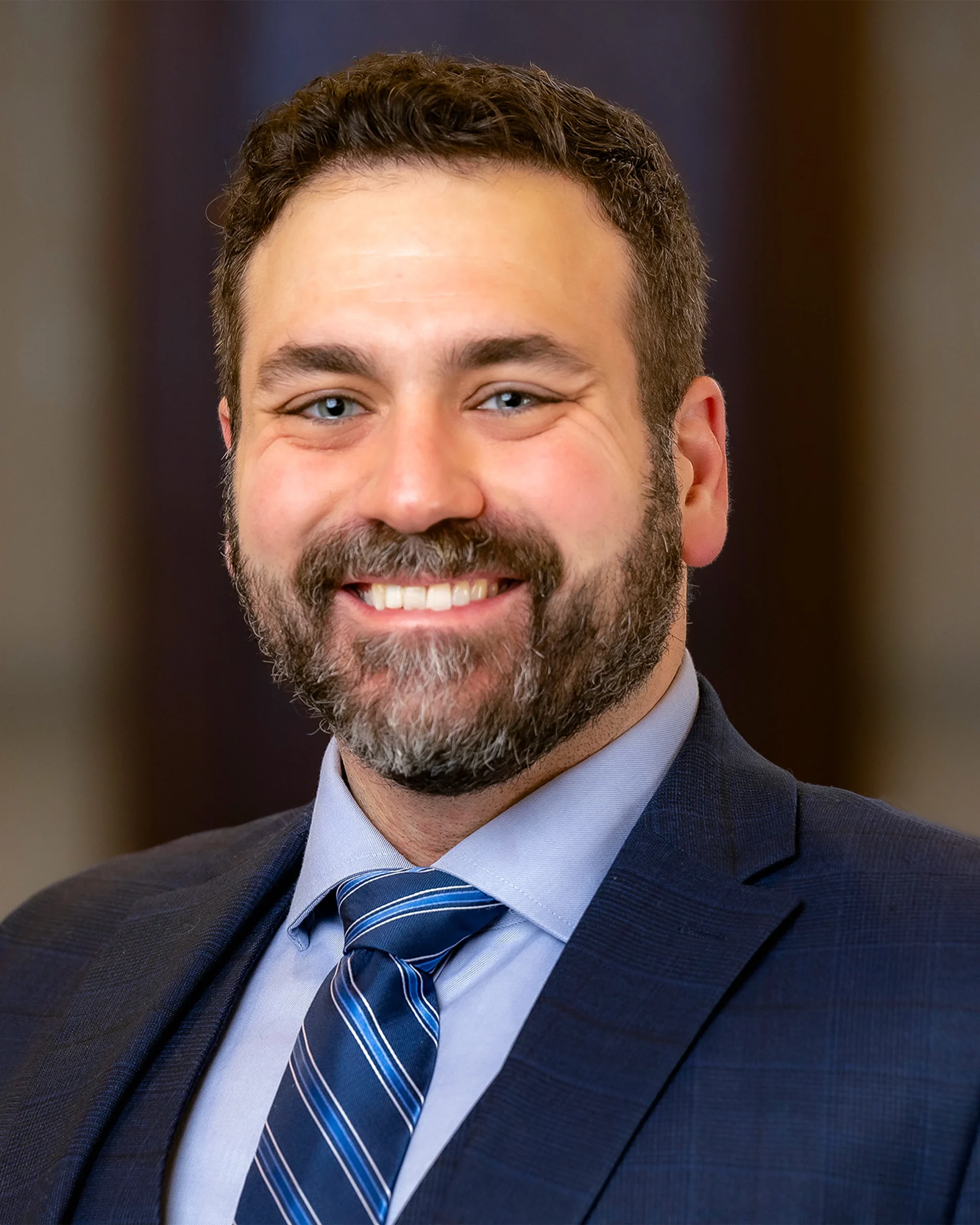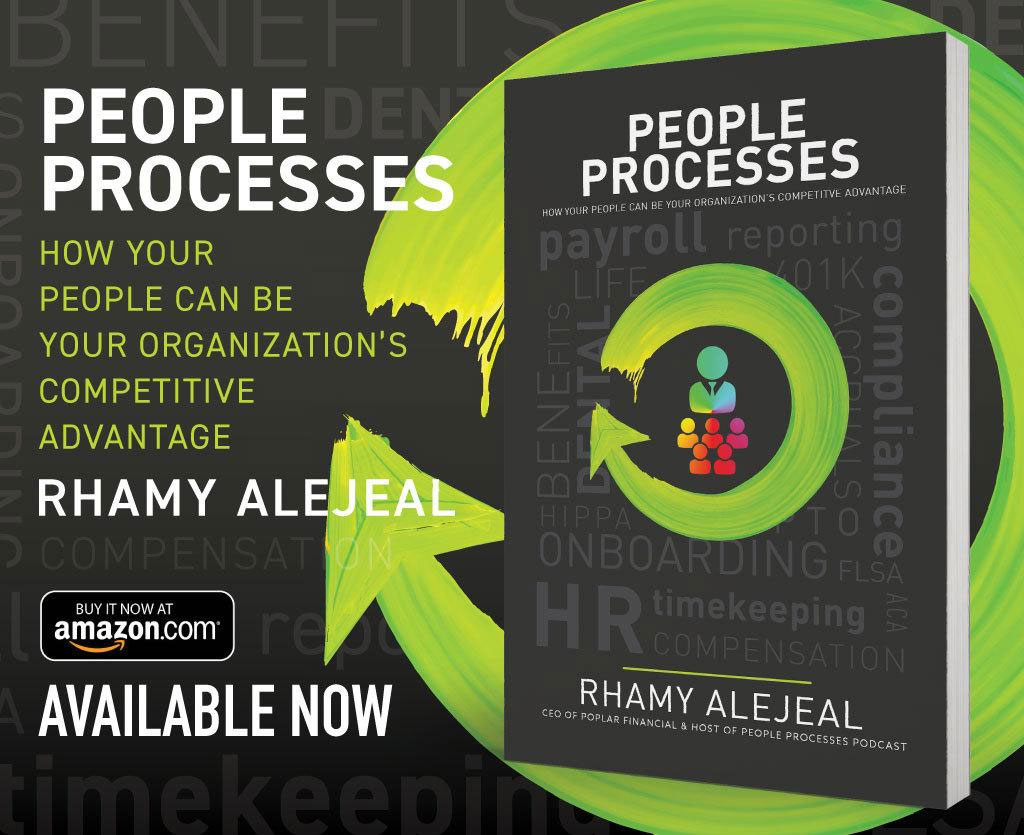In this episode, we discuss the Affordable Care Act in 2020. This year’s changes include the suspension of the penalty for the individual mandate. While the penalty is now $0, note that it is still illegal to not have health insurance. The affordability percentages have likewise changed as of July 2020.
We will go into the affordability requirement under the ACA. There are three contexts to the affordability of an employer’s plan which have recently changed:
- The employer shared responsibility penalty for applicable large employers (also known as the payor play rules or employer mandate)
- An exemption from the individual mandate tax penalty for individuals who fail to obtain health coverage
- The premium tax credit for low-income individuals to purchase health coverage through an Exchange
Today, we will focus on the first and the last of these changes.
The Affordable Care Act applies to individuals, as well as employers with more than 50 full-time equivalents. This means that, if an employer has more than 50 full-time employees, they need to calculate their number of full-time equivalents.
The IRS established an affordability percentage. If you are an Applicable Large Employer (ALE), you have to provide Minimum Essential Coverage (MEC), and it has to be affordable to your employee. This was changed from 9.5% in 2013 to 9.83% going into 2021. Make sure to check for the new rate for the year every July.
If you are not an ALE (i.e. small business, sole proprietor, etc.), the 9.83% still matters, and this percentage is the maximum that you can pay for affordable coverage as long as you make 400% of the Federal Poverty Level (FPL) or less. In this case, you will need to avail of individual health insurance on HealthCare.gov.







